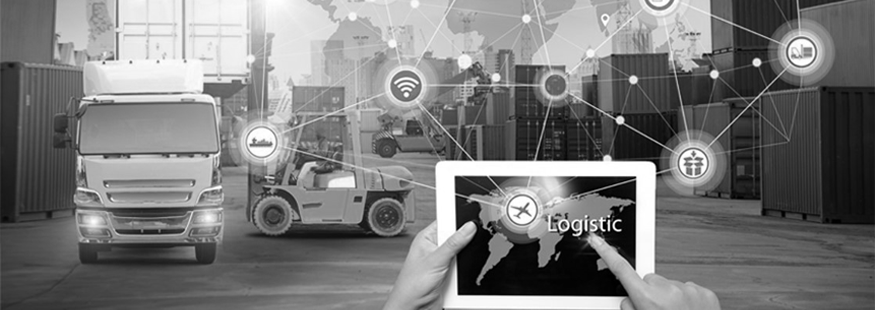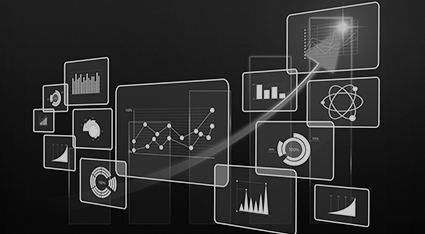Introduction
Logistics is becoming more complex, and traditional supply chain management systems are struggling to keep up with rising consumer expectations, fluctuating demand, and global disruptions. AI-powered logistics solutions are revolutionizing the industry by automating operations, optimizing routes, and enhancing demand forecasting.
In 2025, logistics providers, supply chain managers, and e-commerce businesses that fail to integrate AI-driven automation and predictive analytics will face inefficiencies, increased costs, and customer dissatisfaction. AI is no longer a competitive advantage—it’s an operational necessity.
How AI is Transforming Logistics and Supply Chains
AI-Driven Route Optimization
AI analyzes traffic patterns, weather conditions, and real-time road closures to optimize delivery routes. By reducing travel time and fuel costs, AI-powered route planning helps logistics companies improve efficiency and reduce environmental impact.
Predictive Demand Forecasting
AI-driven forecasting models analyze historical data, market trends, and seasonal fluctuations to predict demand accurately. This enables businesses to maintain optimal inventory levels, reducing stockouts and overstock situations.
Warehouse Automation & Robotics
AI-powered robotics and automated picking systems streamline warehouse operations by optimizing inventory placement, reducing labor costs, and increasing order fulfillment speed. AI-driven warehouses minimize human errors and improve productivity.
Key Benefits of AI in Logistics
Reduced Operational Costs
AI-driven automation reduces labor costs, optimizes fuel consumption, and improves overall supply chain efficiency.
Faster and More Accurate Deliveries
AI-powered logistics systems improve last-mile delivery, reducing delays and enhancing customer satisfaction.
Real-Time Tracking & Visibility
IoT-enabled AI solutions provide real-time tracking of shipments, allowing businesses to monitor deliveries and proactively address delays.
Sustainable Logistics Practices
AI minimizes waste and optimizes energy consumption, helping logistics providers achieve sustainability goals while reducing carbon emissions.
How Businesses Can Implement AI in Logistics
Integrate AI-Powered Fleet Management
Fleet managers can use AI-powered solutions to monitor vehicle performance, predict maintenance needs, and optimize delivery schedules.
Implement Predictive Analytics for Inventory Management
AI-driven inventory management helps businesses anticipate demand shifts and adjust procurement strategies accordingly.
Deploy AI-Powered Warehouse Robotics
Automated robotics systems powered by AI enhance order fulfillment, reduce labor costs, and improve warehouse efficiency.
Enhance Last-Mile Delivery with AI
AI-driven route planning and real-time traffic analysis optimize last-mile deliveries, improving customer satisfaction and reducing costs.
Challenges in AI Adoption for Logistics
High Initial Investment Costs
AI-driven logistics systems require significant upfront investment. However, businesses must focus on long-term ROI through cost savings and efficiency improvements.
Integration with Legacy Systems
Many logistics providers still rely on outdated supply chain management software. A phased AI adoption approach can help ease the transition.
Data Privacy & Security Concerns
AI processes vast amounts of logistics data, raising concerns about cybersecurity and compliance. Enterprises must implement strong data protection measures.
The Future of AI in Logistics
AI is redefining the logistics industry by optimizing operations, reducing costs, and enhancing efficiency. Companies that integrate AI-driven automation, predictive analytics, and intelligent logistics solutions will gain a competitive advantage in an increasingly fast-paced market.
The question is no longer whether AI will transform logistics—it already has. The real challenge is how quickly businesses can adopt AI to stay ahead of competitors and meet growing customer expectations.







